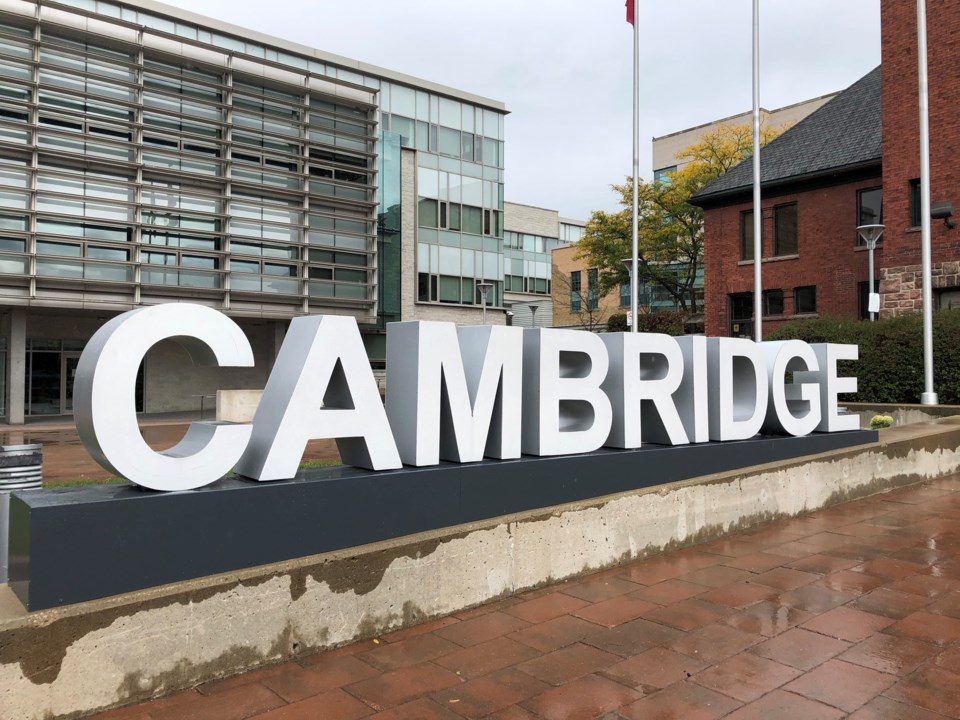The race for Waterloo Region District School Board trustees continues to pile on more controversy as local municipalities, including Cambridge, investigate third-party endorsements and campaigns for violating the Municipal Elections Act.
Multiple complaints have been filed to the cities of Cambridge and Waterloo for third-party endorsements for the upcoming WRDSB elections on Oct. 24.
The City of Cambridge confirmed to CambridgeToday that multiple campaigns are under investigation for operating as unregistered third-party advertisers, possibly violating the elections act.
“The City of Cambridge is investigating complaints that some campaigns are operating as third party advertisers without registering as a third party,” said Danielle Manton, Cambridge city clerk.
This comes after candidates were notified of the requirements to register advertisements by the municipality and province.
According to the 2022 Third Party Advertiser's Guide, a third party advertisement must be done from outside of a candidate's campaign and will have a cost associated with it.
The city could not comment which campaigns are under investigation at this time.
Complaints have been coming in from all over the region. On Oct. 12, a concerned resident took to social media and raised questions about websites he believes are “trying to sway our trustee elections to push their bigotry on our kids.”
Mike Boos brought his concerns to the city of Waterloo and the Ontario Ministry of Affairs about an unregistered website called, “Know Your Waterloo Region District School Board Trustees.”
“Contrary to the Municipal Elections Act, the website does not list the name or contact information of the parties responsible for the website, nor does it list any municipalities where it might be registered as a third-party advertiser,” Boos wrote in his post.
Third party advertisers must declare the legal name of the registered third party advertiser, the municipality where the third party advertiser is registered and a telephone number, mailing address or email address where the third party advertiser can be contacted, reads the elections act.
Boos thinks that because the website was registered with a domain name and developed it would have to incur costs, making it a third party advertisement.
“Municipal Clerks are aware of concerns being raised over potential third party advertising websites or social media posts,” said Waterloo city clerk, Julie Scott.
Not only is the lack of contact information on these sites preventing people from knowing where the information is coming from, but also prevents city staff from doing their jobs. City staff can only advise domain carriers take down the sites, since municipalities are unable to remove the sites themselves.
“Websites that do not clearly list a contact cannot be found through a search, making it impossible for the city clerk to advise of the rules,” Scott said.
The website's first ever appearance on Twitter was through a tweet from Carolyn Burjoski, a teacher that was removed from a delegation for using what the board said was inappropriate language. She has since launched a defamation case against WRDSB.
Her tweet has since been shared by multiple trustee candidates including Mike Ramsey from Kitchener and Cindy Watson from Cambridge
The website has been updated in the past few days, but earlier versions of the site included three groups displayed in varying prominence with “Group 1” being considerably larger than the rest.
Group one named candidates who, “increase transparency, move away from material concentrating on “identity” instruction”, “remain politically neutral” and are open to diverse opinions.
The second group, “increases race and gender instruction for WRDSB students and employees'” and “encourages special activities within the board to make 2SLGBTQ+ and racialized students feel welcomed.”
The third group didn’t have enough information about their campaigns to be assigned a group.
The issue for these endorsements are not who they are promoting or what, it’s that they are doing so anonymously, violating the protocol for advertisers.
Other websites promoting similar ideologies, such as voteagainstwoke.ca have had all of their contact information redacted, making them impossible to trace back to the source.
“The voters of Waterloo region deserve to know who is paying to influence their decision on October 24,” wrote Boos.
Penalties for violating the Third Party Advertisers Act include: a fine of up to $25,000, up to six months in prison and ineligibility to vote or run in the next regular election (in the case of conviction for bribery or other corrupt practices).
If a corporation or trade union is convicted of committing an offence, they may be subject to a fine of up to $50,000 and be unable to register to be a third party advertiser until after the next regular election.



